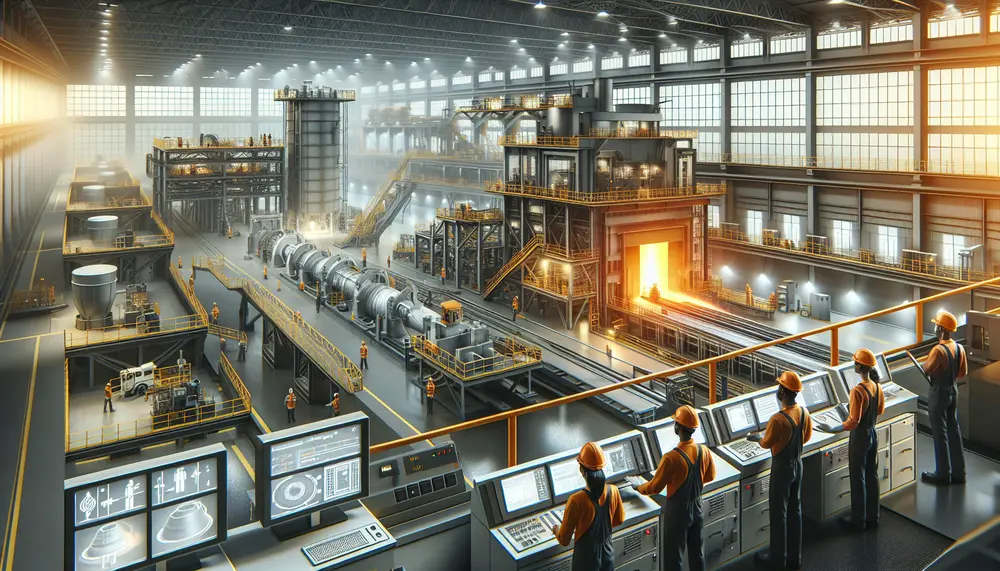Slag
Slag
Was ist Slag
Slag ist ein Nebenprodukt, das sich bei der Erzeugung von Stahl bildet. Der Begriff stammt aus dem Mittelalter und war ursprünglich ein Wort für abgeschlagene oder abfallende Stücke.
Entstehung von Slag
Slag entsteht in der Hochöfen während des Stahlerzeugungsprozesses. Zuerst wird Erz in den Hochofen gegeben. Dann kommt Koks dazu, ein Brennstoff mit hohem Kohlenstoffgehalt. Durch die Hitze des Koks schmilzt das Erz. Dabei trennen sich die Metalle von den Nicht-Metallen. Der Schmelzprozess führt zu zwei unterschiedlichen Produkten: flüssigem Stahl und Slag.
Eigenschaften von Slag
Slag ist eine glasartige Substanz. Er besteht hauptsächlich aus Silikaten, Oxiden von Calcium, Magnesium und Aluminium. In seiner noch flüssigen Form schwimmt er auf dem geschmolzenen Stahl. Das liegt daran, dass er leichter als der Stahl ist. Nach dem Abkühlen wird er zu einer dichten, festen Masse.
Verwendung von Slag
Slag hat viele verschiedene Anwendungen. Man kann ihn in der Bauindustrie verwenden. Dort eignet er sich gut als Zuschlagstoff für Beton. Weil Slag stark wasserabweisend ist, sorgt er dafür, dass der Beton weniger Wasser aufnimmt. Das macht den Beton widerstandsfähiger gegen Frost und Tauwetter. Aber auch im Straßenbau findet Slag Anwendung. Dort dient er als Untergrund für Straßen und Schienen. Zudem kann man Slag in der Landwirtschaft benutzen. Dort kann er als Dünger verwendet werden, um den pH-Wert im Boden zu verbessern.
Zusammenfassung
Auch wenn der Name Slag negativ klingt, ist er ein wichtiger Teil der Stahlproduktion. Ohne ihn könnte der Stahl nicht auf reine Weise hergestellt werden. Zudem hat Slag viele nützliche Eigenschaften. Vor allem in der Bau- und Landwirtschaft findet er vielseitige Anwendung.
Blog Posts with the term: Slag
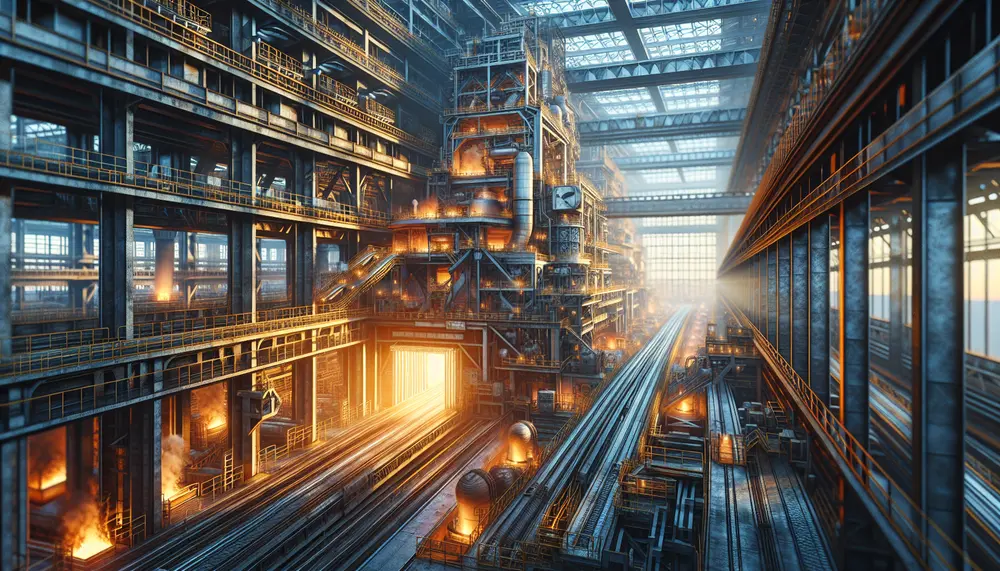
Steel making is a sophisticated process that turns iron ore into steel, involving methods like the Blast Furnace and Electric Arc Furnace to produce various grades of steel. The industry emphasizes sustainability by using additives and recycled materials while ensuring...
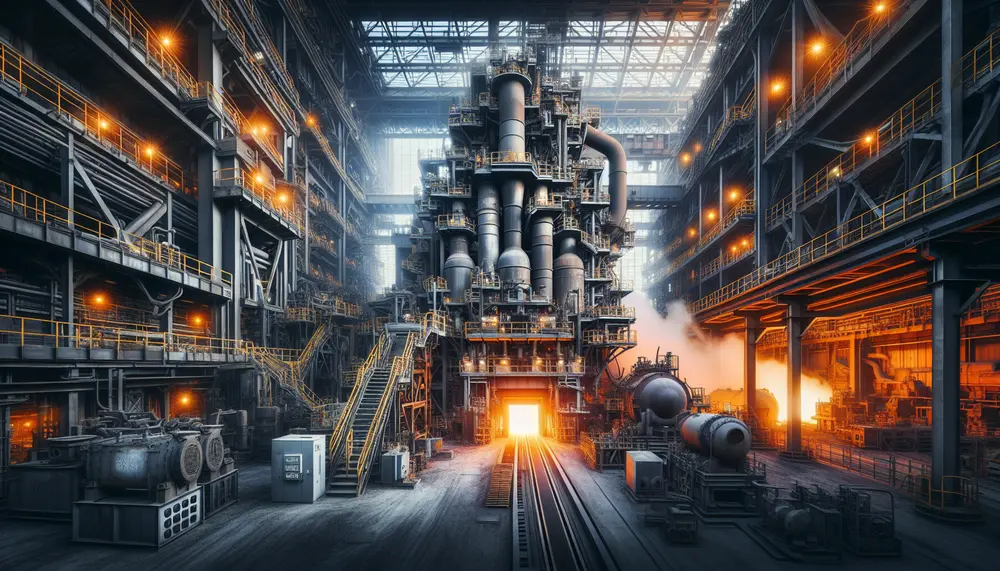
The article provides an overview of the two main steelmaking routes: blast furnace (BF) and electric arc furnace (EAF), detailing their processes, economic considerations, environmental impacts, and technological advancements. It compares BF's large-scale production with high carbon emissions to EAF's...
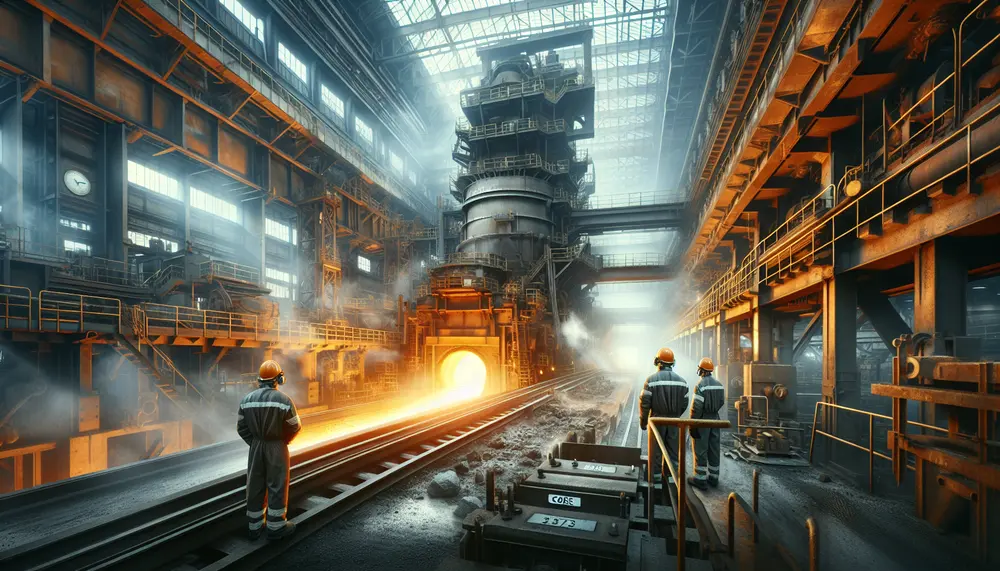
Coke is crucial in steel production, providing heat and chemical reactions for smelting iron ore while also structuring the blast furnace. However, its use emits pollutants and CO2, contributing to environmental concerns....
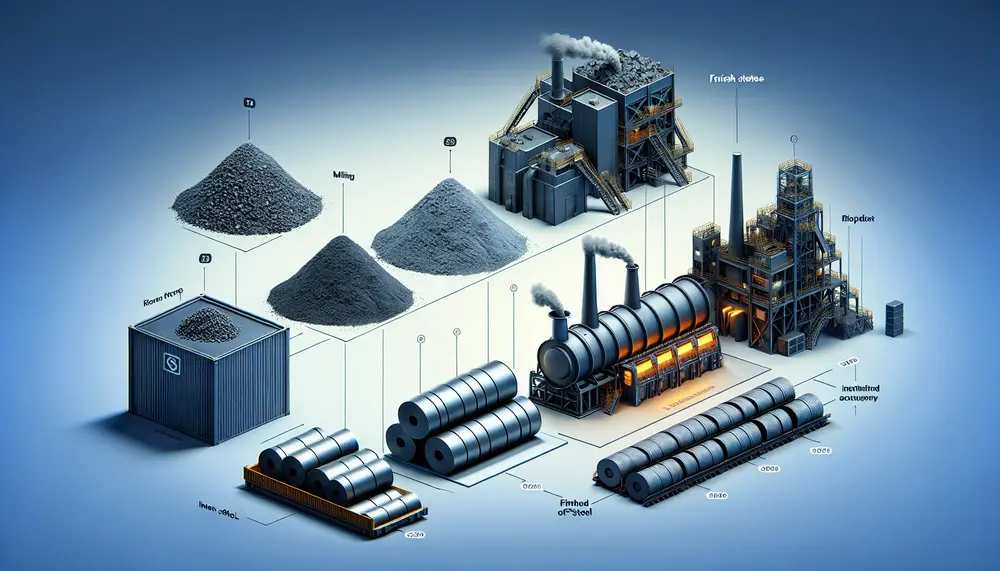
The steelmaking value chain is a complex process that transforms raw materials like iron ore, coking coal, and limestone into high-quality steel through strategic steps involving technological innovation to optimize efficiency and reduce environmental impact. Understanding this value chain helps...
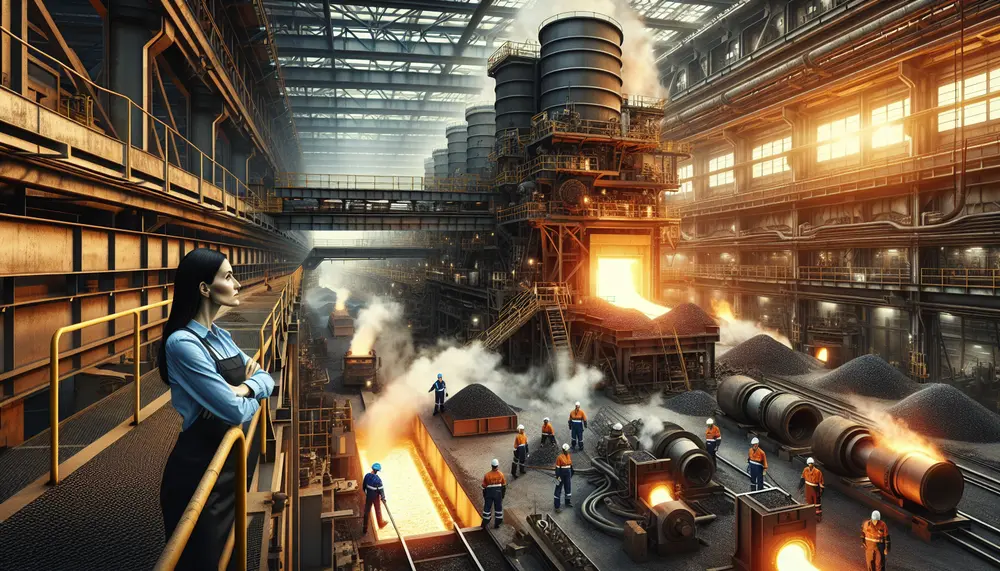
The article "Introduction to Steelmaking from Pig Iron" explores the historical and modern processes of transforming pig iron into steel, including methods like the Bessemer Process, Basic Oxygen Steelmaking (BOS), and Electric Arc Furnace (EAF). It highlights the importance of...
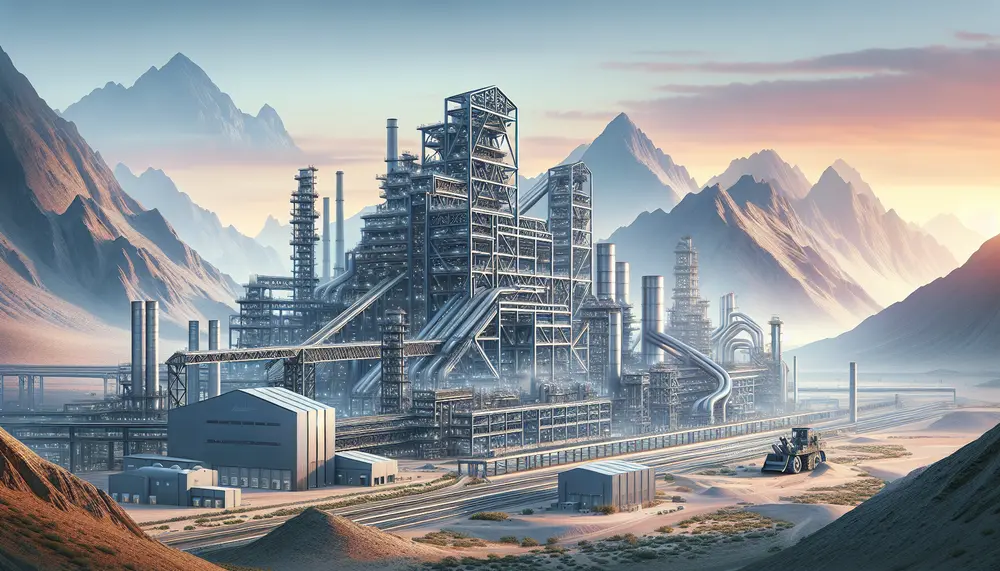
Oman's steel production has seen significant growth, contributing to the nation's GDP and infrastructure development. Strategic expansions have increased capacity to over 2.4 million tons, with key players like Muscat Steel Industries Co. LLC driving this dynamic sector forward through...
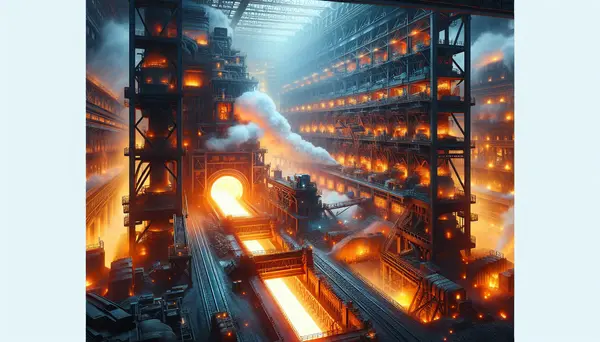
Steel, an alloy primarily composed of iron and carbon, is a crucial material in modern construction and manufacturing due to its strength, flexibility, and durability. The process of making steel involves extracting iron ore, purifying it through beneficiation processes, smelting...
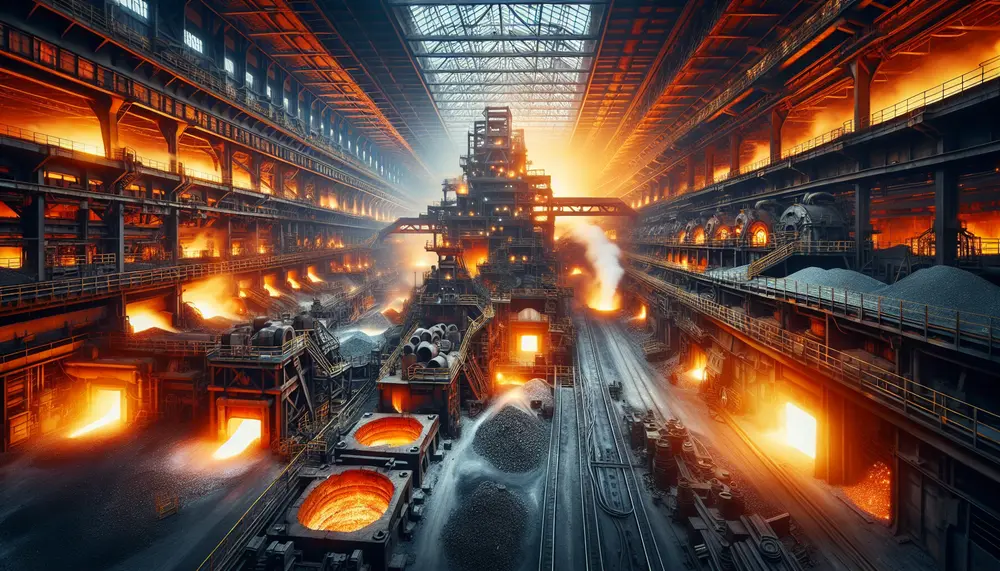
The Bessemer process, developed by Henry Bessemer in the 1850s, revolutionized steel production by efficiently removing impurities from molten pig iron using blown air and enabling mass production. This innovation significantly reduced costs and time for steel manufacturing, facilitating industrial...
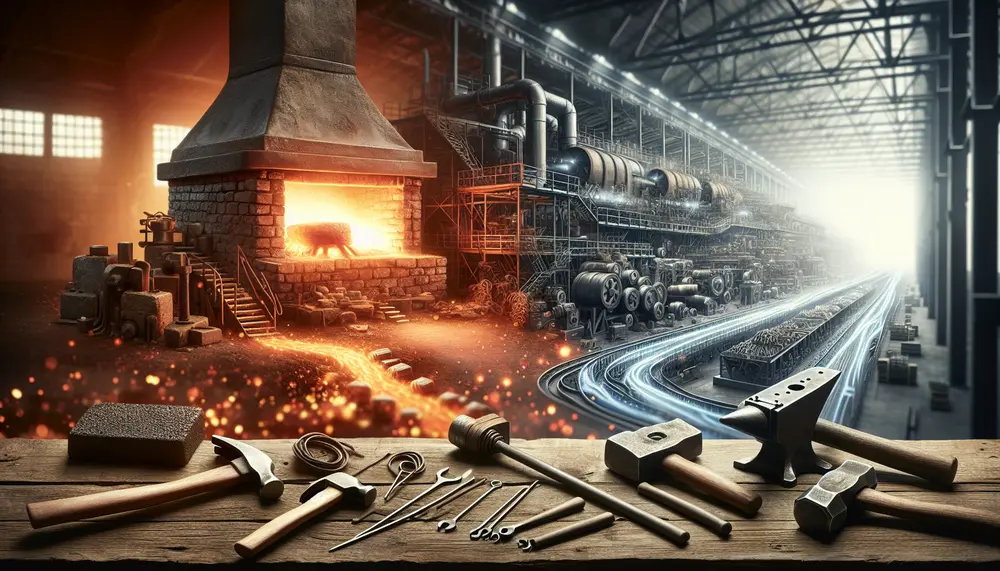
Steel's origins trace back to meteoric iron and evolved with human discovery of smelting around 2500 BCE, leading from the Bronze Age into the Iron Age. The Bessemer Process in the mid-19th century revolutionized steel production, enabling mass production and...
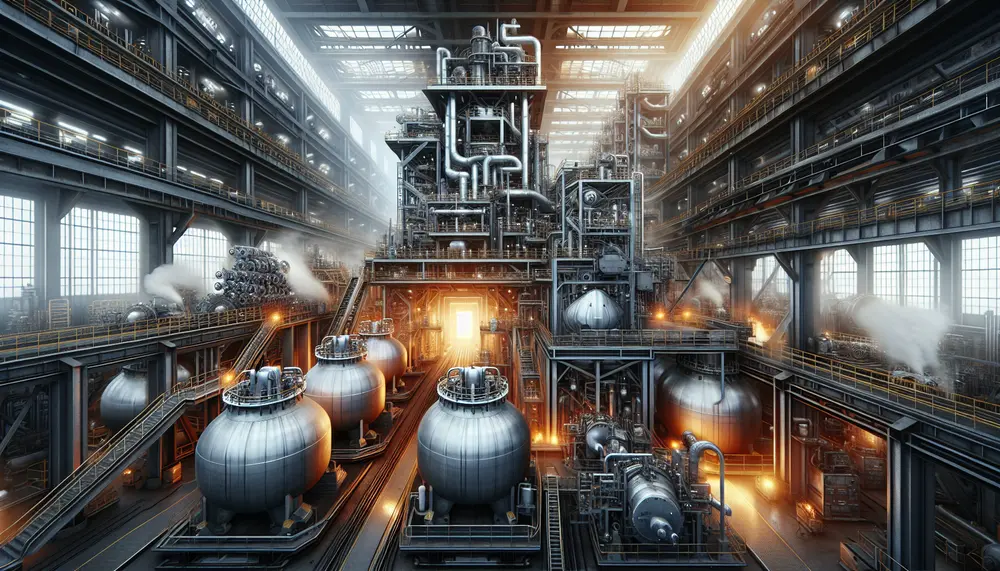
The Argon Oxygen Decarburization (AOD) process is a secondary steel making method that refines the composition of steel by reducing carbon content, using oxygen and inert gases like argon for controlled reactions. This technology allows for high-quality alloy production with...
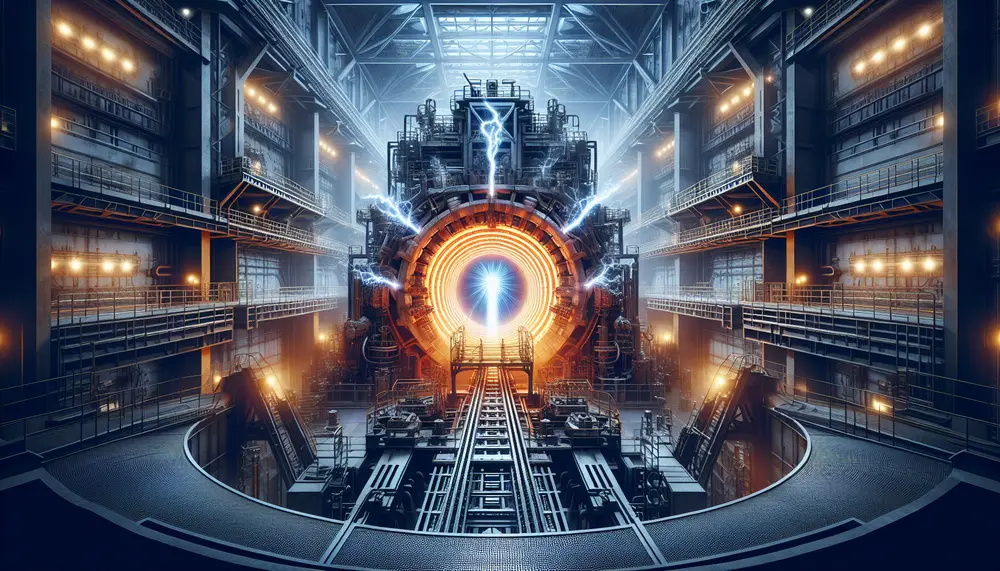
The electric arc furnace (EAF) revolutionizes steel making by melting recycled scrap with high-power electric arcs, offering a more environmentally friendly alternative to traditional blast furnaces. EAFs provide flexibility in production, reduce greenhouse gas emissions and energy consumption, and allow...
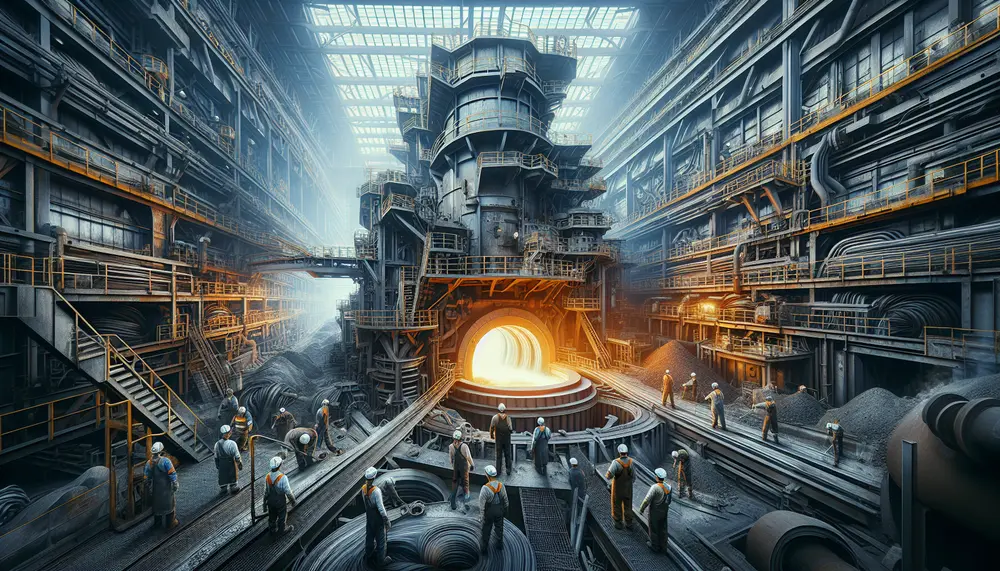
The Open Hearth Process is a traditional steelmaking method that involves converting iron into steel using an open hearth furnace, which allows air to flow over the mixture and facilitates chemical reactions necessary for purification. This process utilizes regenerative heating...
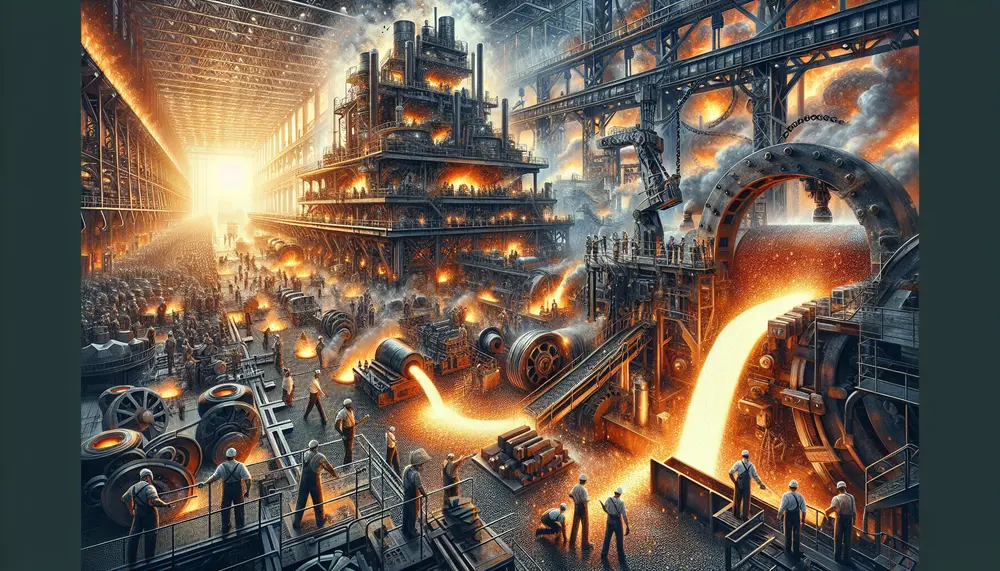
Steel making involves complex chemical reactions to transform raw materials into high-quality steel, primarily through oxidation and reduction processes. Oxygen plays a crucial role in oxidizing impurities like carbon, silicon, manganese, and phosphorus, which are then removed as gases or...
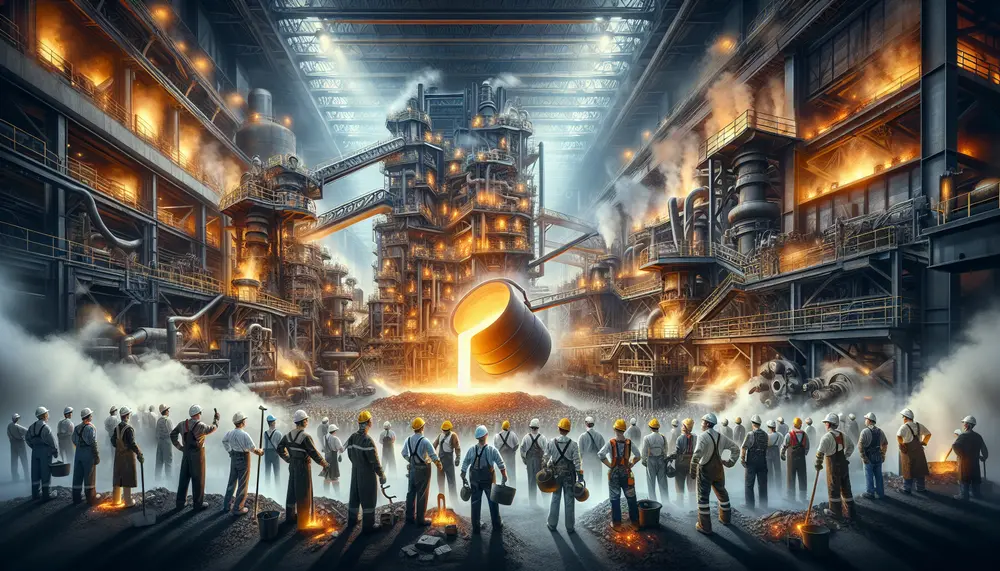
The article provides an overview of steel making, detailing its historical evolution and main processes such as ironmaking, primary and secondary steelmaking, casting, and forming; it highlights the importance of methods like the basic oxygen process and electric arc furnace...

